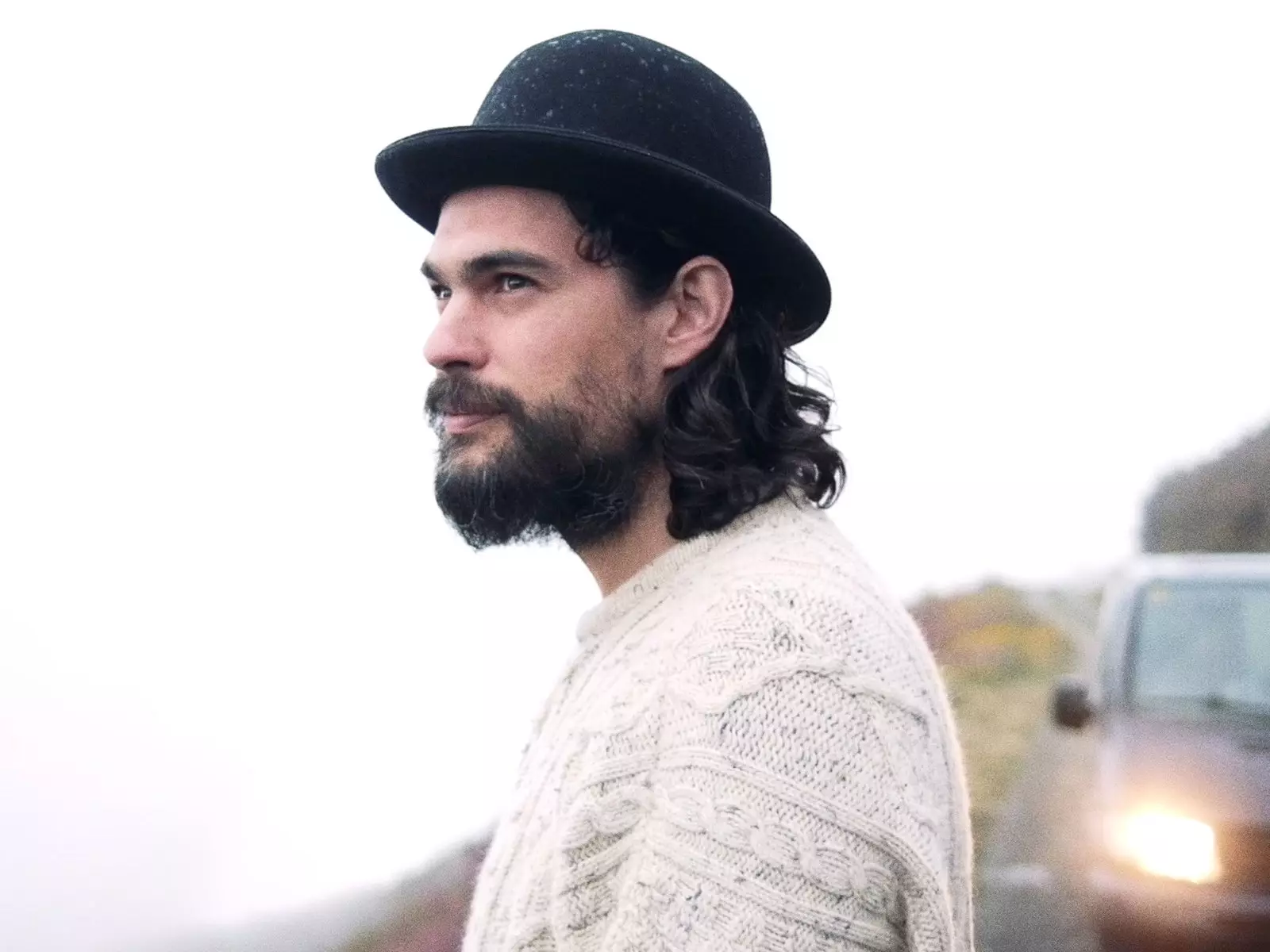
Traveler Call: Oliver Laxe
What are Traveler Calls? Destiny calls? The call of life? From the trip? This new section of videos starring names from the world of culture (music, cinema, gastronomy, literature...) brings us voices with a lot to say, who guide us through very special corners, different places that embody their experiences and invite us to discover them.
In the current scenario, the photographer and filmmaker Jerónimo Álvarez proposes to pay tribute to the unbreakable spirit that has kept us united as a society, either through traditional calls, video calls, audios... The obligation to keep our distance has not prevented us from pursuing a connection: between ourselves and with destiny. Thus, Álvarez goes through his most personal scenarios with different characters, while they narrate their reflections and emotions about the space they describe.
Franco-Spanish actor and director Oliver Laxe (1982) welcomes us to the land of his origins. He has returned to the village of Vilela, in the Lugo municipality of Navia de Suarna, to rehabilitate the house of his grandparents and turn it into a nerve center for initiatives related to agriculture and livestock, tourism, cultural, environmental... His target of him? Settle population in rural Os Ancares.
"The idea is to bring life, stop traveling. Let the world come here to Ancares," he explains to us. "This is a kind of protected island, you can't plant wind farms here, or plant eucalyptus trees. We don't see many human beings either... to go to another town is to come out of your reverie", tells us the author of O que arde, a film about the fires in Galicia (and much more than that) that became a true phenomenon and it put in the spotlight one of the most audacious and interesting directors on the current scene.
"These 300- and 400-year-old trees have witnessed many things and that is transmitted somehow". Laxe accompanies us to some of the most special corners of it, such as a small chapel in the process of being restored, probably built by a hermit, or a clearing by the river Ser. "It's a place I come to more and more, it's like a mirror. In this area there is a lot of biodiversity, you always find very rare endemic plants."
"One of my earliest memories is being with my father in Teso da Ermida, unaware of the Celtic gold miners' village that he hid. I have always been very attracted to that place. and now we are understanding why", he reveals to us.
We also discovered with him the black honey, "which tastes of the mountains", the shared bread... "The hermit inhabits me, so I need silence, also because of the social burden of my profession, which makes me look for the opposite –says the director of the excellent western Mimosas–. But it is not a healthy position to retreat or escape from life or the world that you have lived. The key is to be of this world without being."
Laxe also opens the doors of the family home, in the process of being restored. "I feel that, in a way, I take care of my metaphysical family, so I try to enter the house with respect, to be equal to work and sacrifice, to make myself sacred".
"There is nothing more pragmatic than cultivating the aesthetic, beauty," suggests this director, Master in documenting small realities that rise in universal truths.
Spring enters Os Ancares very powerfully and he is not indifferent to this beauty: "The colors, the lilac of the heather, the white or the yellow of the light, the green of the first oaks... there are many moments of amazement, of ecstasy, of intoxication. It's funny, the more I give in to the evidence that this is where I need to be, the more secrets open up to me. I feel like this is my place, where I have to die too, and when a human being finds that out, he feels a lot of peace."
